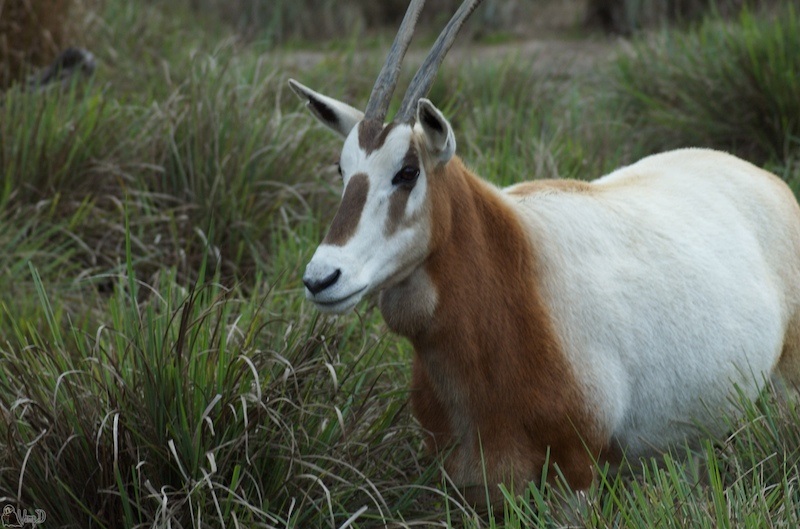“Animals cannot be treated merely as Property”
FOR IMMEDIATE RELEASE
CONTACT:
Stacey Schmader
Administrative Director
Info@celdf.org
717-498-0054
MERCERSBURG, PA, USA: On July 4, the High Court of Uttarakhand at Naintal in northern India issued a ruling in a case brought to end cruelty of horses used in transport. The court declared that:
“Every species has an inherent right to live and are required to be protected by law.”
The decision is part of unprecedented advancement in the growing Rights of Nature movement that includes the work of the Community Environmental Legal Defense Fund (CELDF). Beginning in 2006, CELDF assisted the first communities in the United States – the very first places in the world – to advance the rights of nature into law. CELDF has now assisted more than three dozen communities across the U.S., as well as the first country in the world – Ecuador – to secure the rights of nature to exist and flourish.
In this week’s India case, Narayan Dutt Bhatt v. Union of India & others, the High Court explained that declaring the animal kingdom as possessing rights is necessary “in order to protect and promote greater welfare of animals including avian and aquatic.”
Citing the growing extinction rates of animals – which today exceeds 1,000 times natural background rates – the Court explained, “The loss of one species causes immense damage to the entire ecosystem.”
Further, the Court explained that the growing environmental crises across the globe – including climate change – reveals “there are gaps in laws” that need to be addressed to protect the environment.
Such laws treat nature, including animals, as property without legal rights. The Court asserted that this needs to change. “Animals cannot be treated merely as property” existing for human use. Rather, the Court wrote that to address this deficiency in the law related to the environment, “New inventions are required to be made in law to protect the environment and ecology,” including the recognition of legal rights of nature.
The ruling by the High Court follows two rulings it issued in 2017. The Court declared legal rights of certain ecosystems, including the Ganges River. Similarly in Colombia, the Courts issued two rulings in which the Atrato River and the Colombian Amazon region now possess legal rights.
Courts are reaching these decisions as they witness the severe decline of the environment, despite numerous environmental laws. As Colombia’s Constitutional Court explained in its 2016 decision recognizing rights of the Atrato River, in which it described the many ways in which human activity was jeopardizing the environment, “(J)ustice with nature must be applied beyond the human scenario and must allow nature to be a subject of rights. Under this understanding, the Court considers it necessary to take a step forward in jurisprudence….”
In its ruling this week, the High Court describes the growing movement to recognize rights of nature.
A CELDF representative explained, “In declaring that the animal kingdom has legal rights, the High Court is taking a significant step forward in changing how humankind governs itself toward nature. As species extinction rates accelerate, jeopardizing both human and non-human life, it is critical to establish the highest legal protection for nature, including animals, through the recognition of legal rights.”
“This is a significant step forward to transforming nature from being considered property under the law, to being recognized as possessing inherent rights to life and well-being,” they added.
As efforts to advance legal rights of nature continue, CELDF has been partnering with India-based NGOs to recognize fundamental rights of the Ganga River and the entire river basin. With the Global WASH Alliance-India and Ganga Action Parivar, CELDF drafted the proposed National Ganga River Rights Act. The Act would recognize fundamental rights of the Ganga to exist, flourish, evolve, and be restored, and the people of India to a healthy, thriving river ecosystem. The legislation was presented to India Prime Minister Narendra Modi’s government, which established a committee within the administration to review the Act.
In local laws in the U.S., as well as in the Ecuador Constitution, rights of nature laws secure rights that are necessary to the ability of ecosystems to be healthy and thrive. These laws transform ecosystems from being considered resources available for human use, to living entities with inherent rights.
Communities have adopted these laws with the growing recognition around the world that environmental laws premised on regulating the use of nature, are unable to protect nature. They stated, “The collapse of ecosystems and species, as well as the acceleration of climate change, are clear indications that a fundamental change in the relationship between humankind and the natural world is necessary.”
About the Community Environmental Legal Defense Fund (CELDF) & the International Center for the Rights of Nature
The Community Environmental Legal Defense Fund’s mission is to build sustainable communities by assisting people to assert their right to local self-government and the rights of nature. CELDF’s International Center for the Rights of Nature is partnering with communities and organizations in countries around the world to advance the rights of nature.
Today, CELDF is partnering with communities and organizations across the United States, as well as in Nepal, India, Australia, Sweden, and other countries to advance rights of nature legal frameworks.
###
Photo by David, Flickr Creative Commons

